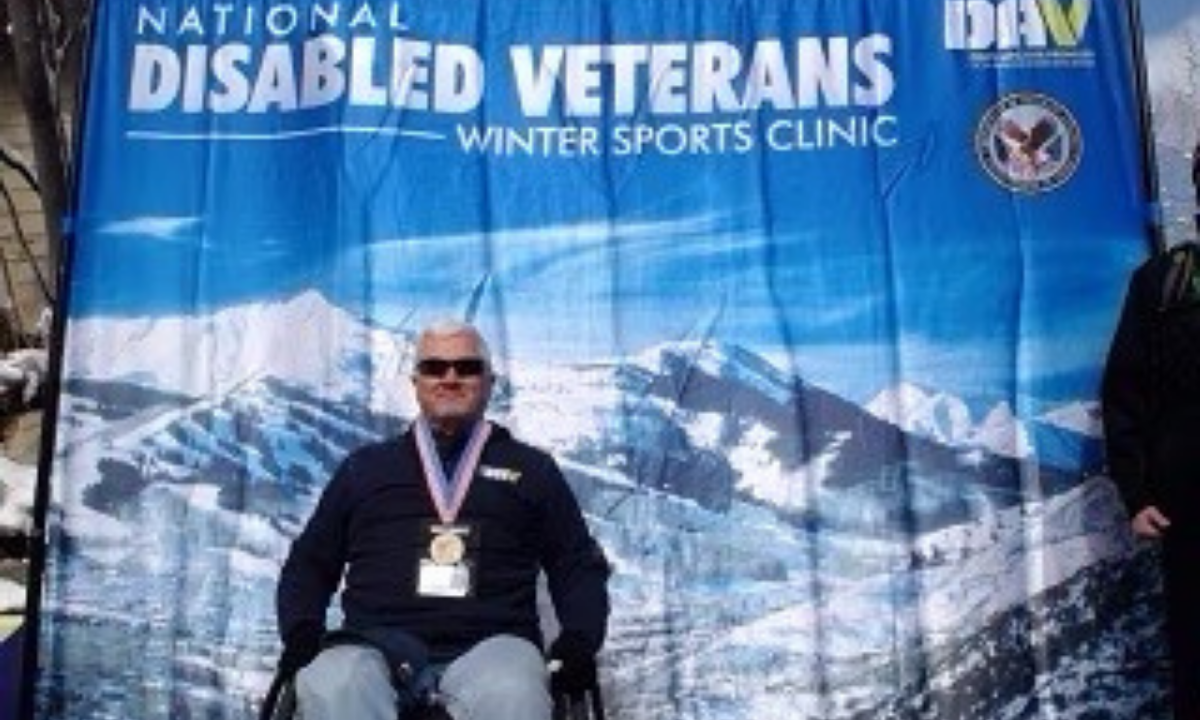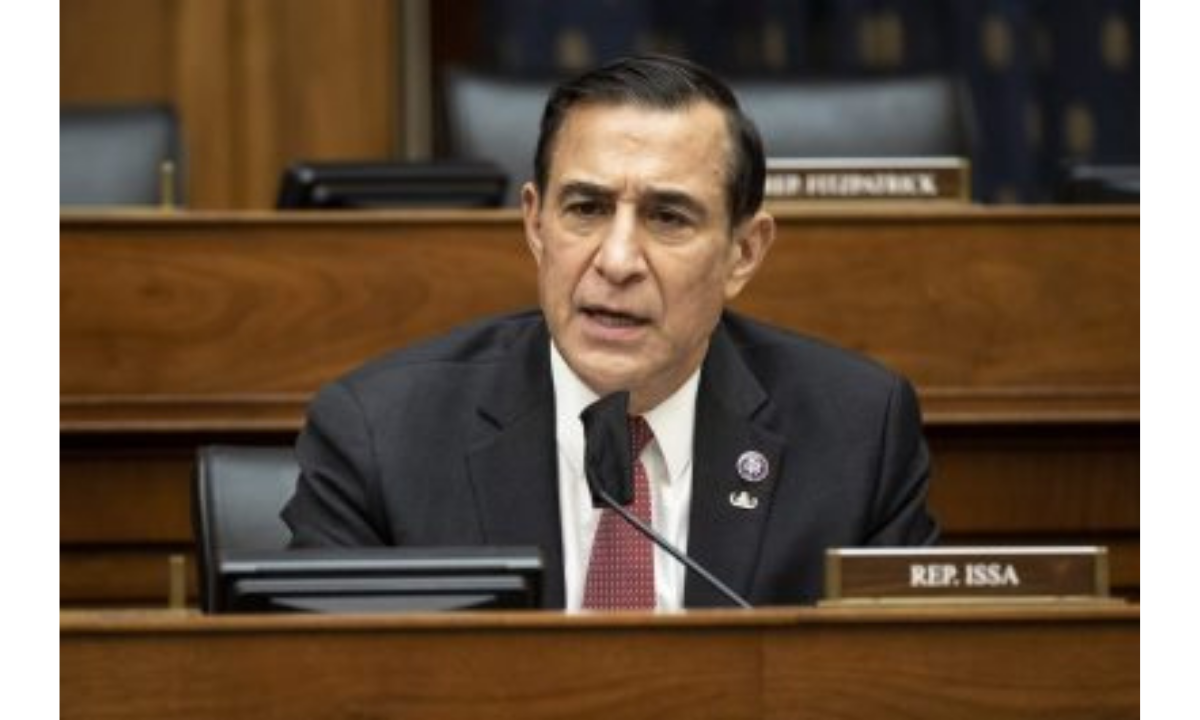Written by Urvi Sakurikar
The U.S. Office of Special Counsel has once again deemed a Department of Veterans Affairs investigation into liver research as unethical and unacceptable. The initial study was meant to develop therapies for alcoholic hepatitis patients by collecting leftover liver tissue after the patients received biopsies and finding patterns.
However in 2016, complaints were filed against La Jolla hospital researchers on the grounds that the veterans had undergone unnecessary biopsies, and that their samples were used for research without their knowledge.
By 2017, investigators flew in from Washington, D.C. and found evidence of policy violations in the research. Unfortunately, the special counsel’s office did not feel that the investigation addressed the concerns sufficiently.
In 2019, the same team revisited the La Jolla hospital and reconducted interviews, this time revealing more egregious ethical violations. The 2019 investigation centered around Dr. Samuel Ho, who led the research project since its beginning in 2013.
Dr. Ho had his technicians remove extra tissue from sick patients during liver biopsies, which put the veterans in danger of complications without their consent. To make sure that his technicians could not accuse him of violating protocol, Dr. Ho never gave out any copies of his research plan.
A number of mistakes on the part of the researchers were discovered as well. For one, the staff used the wrong forms to assess cognitive impairment, and therefore fitness for the study. In addition, the staff failed to keep proper records, leaving the investigators to use interviews and partial documents to put the pieces together. The investigation revealed that at least 22 patients with alcoholic hepatitis had participated in the study, of which at least 13 had undergone biopsies.
By the time the San Diego VA tracked down the patients to inform them of the ethical violations, only four remained alive.
According to Martina Buck, one of the whistleblowers who filed a complaint, “[The VA] could have easily discovered this in the first investigation if they had wanted to….”. When confronted about this by the special counsel’s office, the VA blamed Dr. Ho’s intentional use of false information.
The VA has a long history of raising concern from the special counsel’s office. As of 2019, 16% of VA investigations have been declared “unreasonable” by the special counsel. In this case, Special Counsel Kerner’s main concern was the reasoning behind asking patients to undergo biopsies.
According to the whistleblowers, Dr. Ho had ignored the objections of others to order biopsies in seven different instances and that the types of biopsies performed had never before been used on patients with alcoholic liver disease.
Despite the clear evidence of several ethical violations, the VA has not verified the claims of the whistleblowers, retracted any publications regarding the tissue samples, or taken disciplinary action against anyone involved in the study. The two whistleblowers have brought their concerns to three federal agencies at the least, and have had two interviews with VA investigators. Dr. Ho fled to Dubai in the middle of the investigation, leaving the VA unable to pursue action against him, as he is no longer federally employed.
The lack of responsibility and competence on the part of the VA is not only a violation of trust, but has caused pain and suffering to already sick veterans. It is up to the government to make sure that incidents like these do not happen again and to bring consequences to those involved.




